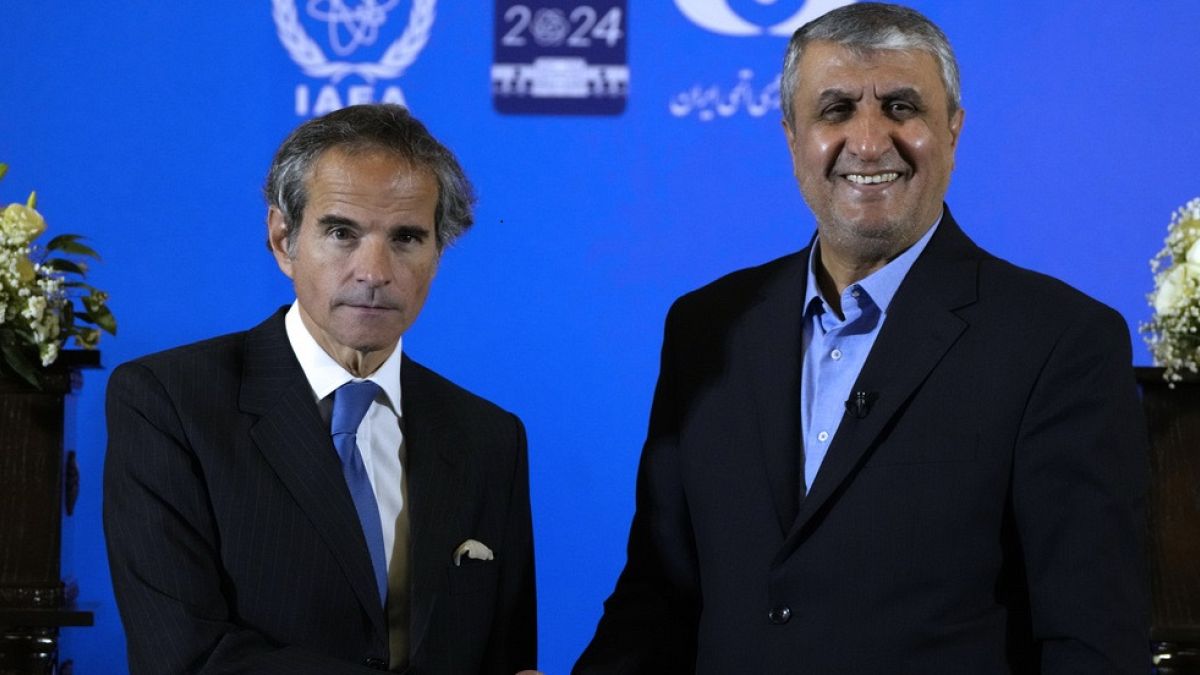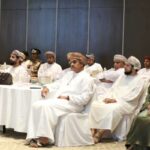Tensions between Iran and Israel, coupled with Tehran’s continued enrichment of uranium, have put the international nuclear weapons control regime under significant pressure. The head of the International Atomic Energy Agency (IAEA), Rafael Mariano Grossi, recently acknowledged ongoing negotiations with Iran over expanding inspections of its nuclear program. This comes years after the collapse of Tehran’s nuclear deal with world powers and amidst the ongoing Israel-Hamas conflict.
Grossi has expressed concerns that Iran may be enriching uranium to weapons-grade levels, potentially allowing for the creation of multiple nuclear bombs. Additionally, he admitted the agency’s challenges in ensuring that Iran’s centrifuges are not being used for illicit enrichment. During a visit to Isfahan, Grossi and Mohammad Eslami, head of Iran’s Atomic Energy Organisation, discussed possible paths for cooperation in line with a March 2023 joint statement. The statement includes commitments from Iran to address concerns over undeclared nuclear activities and to allow the IAEA to implement further verification measures.
While details of the ongoing negotiations were not disclosed, technical teams were said to be engaged in discussions. Grossi emphasized the urgency of concrete actions to implement the agreement, while Eslami attributed implementation challenges to political factors. Grossi stressed that the 2023 joint statement remains in effect and expressed dissatisfaction with the current state of affairs. Amidst these developments, tensions between Iran and Israel have escalated, with recent clashes including an unprecedented drone-and-missile attack on Israel by Iran.
Israel’s apparent involvement in the conflict has further complicated the relationship between Iran and the IAEA. Eslami accused Israel of interfering in interactions between Iran and the agency, cautioning against the influence of the “hostile actions” of the Zionists on the situation. Recent reports suggest that Isfahan, a key city in Iran, has been targeted by Israeli attacks despite its proximity to sensitive nuclear sites. The ongoing conflicts and geopolitical tensions in the Middle East have placed additional strains on the already fragile nuclear weapons control regime.
As negotiations continue, the international community remains wary of Iran’s nuclear ambitions and the potential implications of its enrichment activities. The need for transparent and verifiable mechanisms to ensure Iran’s compliance with nuclear non-proliferation agreements is paramount. Grossi’s calls for concrete results underscore the urgency of the situation and the importance of swift action in addressing the challenges facing the nuclear control regime. As the standoff between Iran and Israel persists, finding a diplomatic resolution to the crisis remains a top priority for global security and stability in the region.











